Your Home Equity Could Facilitate a Move

Many homeowners wanting to sell feel trapped in a difficult situation right now. Today’s mortgage rates are higher than their current rates, making it harder to consider selling and moving. You might be experiencing the same dilemma.
But what if there were a way to counterbalance these higher borrowing costs? There is. The funds you need likely already exist in your current home as equity.
What Is Equity?
Think of equity as a straightforward math equation. Freddie Mac explains:
". . . your home’s equity is the difference between its market value and the amount you owe on your mortgage."
Your equity increases as you pay down your mortgage and as home prices rise. Given the rapid home price appreciation in recent years, you likely have much more equity than you realize.
Recent data from the Census and ATTOM reveal that over two-thirds of homeowners have either fully paid off their mortgages (indicated in green in the chart below) or possess at least 50% equity (indicated in blue in the chart below):

This means that the majority of homeowners currently have a substantial amount of equity.
How Your Home Equity Can Support Your Next Move
Once you sell your house, that equity can assist you in moving without being overly concerned about current mortgage rates. As Danielle Hale, Chief Economist for Realtor.com, points out:
"Today's homeowners should take a close look at their home equity situation. With the average listing price of homes up by 40% in just five years, many sellers now have a significant equity buffer. This implies that they are likely to come out of a home sale with funds that can help reduce the amount of borrowing required for their next property purchase."
Here are several examples to illustrate how you can utilize your equity to purchase your next home:
- Become a cash buyer: If you've resided in your current residence for an extended period, you may possess adequate equity to purchase your next property outright, without requiring a loan. In such a scenario, there's no need to borrow funds or be concerned about mortgage rates.
- Increase your down payment: Your equity can also be allocated towards your next down payment, potentially allowing you to make a larger initial payment. This could reduce the amount you need to borrow at current interest rates.
The Initial Step: Assessing Your Home Equity
Interested in determining your equity? To begin, you'll require two essential pieces of information:
1. The current mortgage balance on your home.
2. The present value of your home.
You can likely locate the mortgage balance on your monthly mortgage statement. As for determining the current market value of your house, you have two options: either invest hundreds of dollars for an appraisal, or reach out to a local real estate agent who can provide you with a professional equity assessment report (PEAR) at no cost.
Once you've engaged with a reliable local agent and analyzed the figures, you're edging closer to pursuing a move that you may have previously deemed unattainable – all thanks to your equity.
Bottom Line
To discover the extent of your equity and explore further how it can enable your forthcoming move, connect with a reputable local real estate professional. They can offer personalized advice and insights tailored to your unique situation, ensuring that you have the necessary information to make well-informed decisions about your property transition.
Categories
Recent Posts
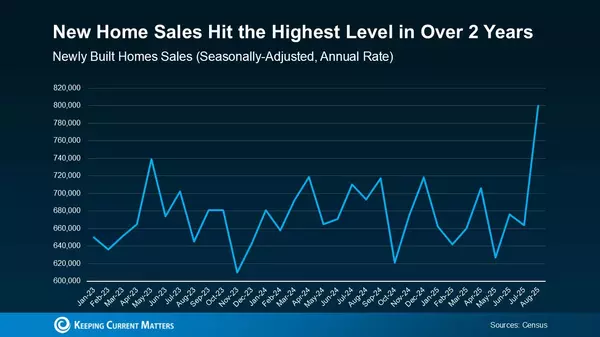
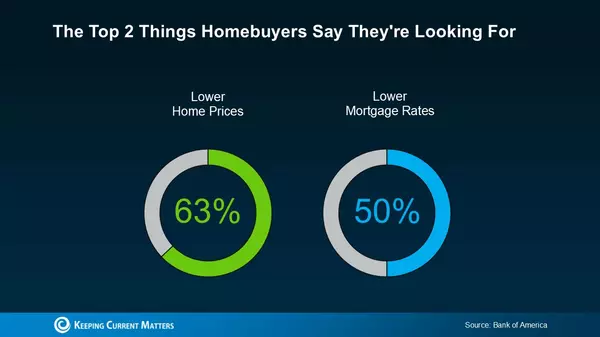
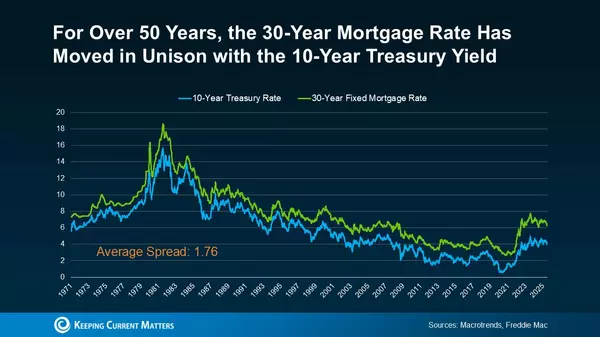
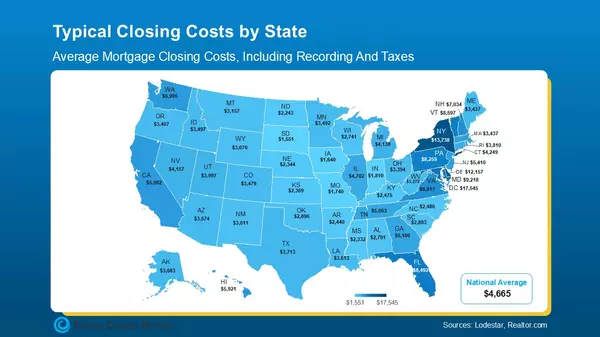
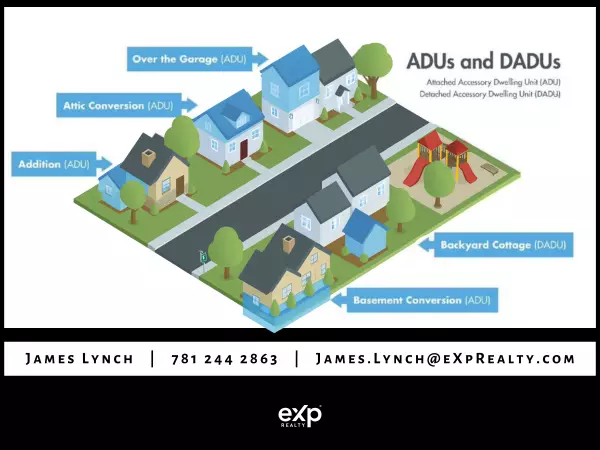

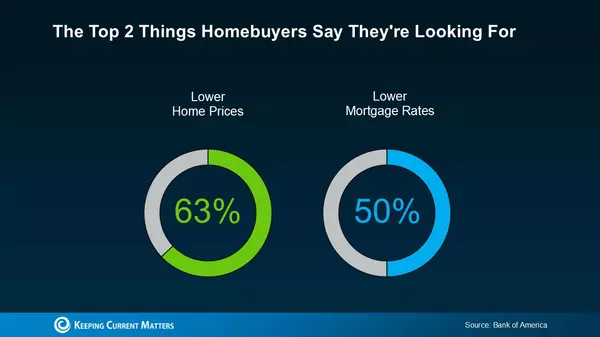
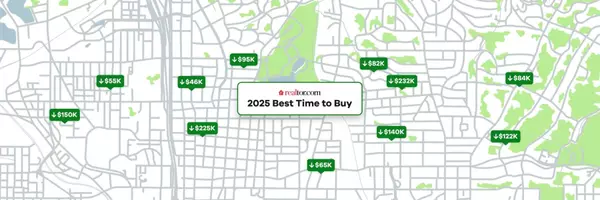
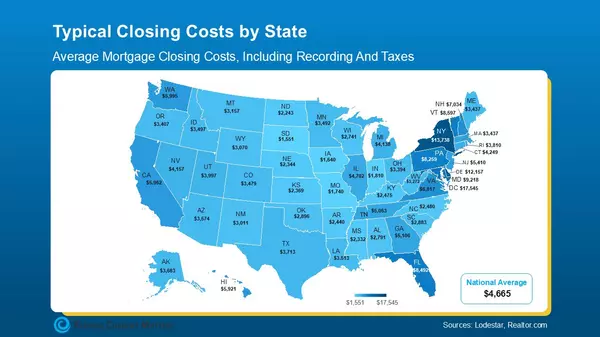
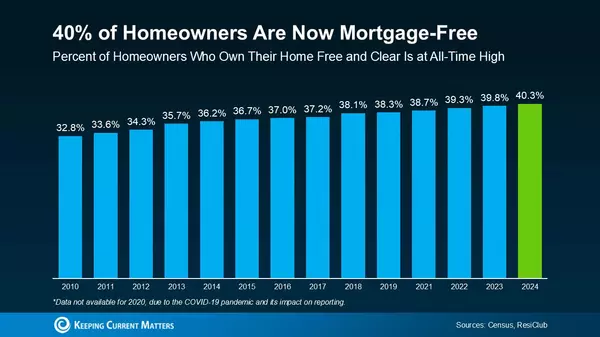
GET MORE INFORMATION



